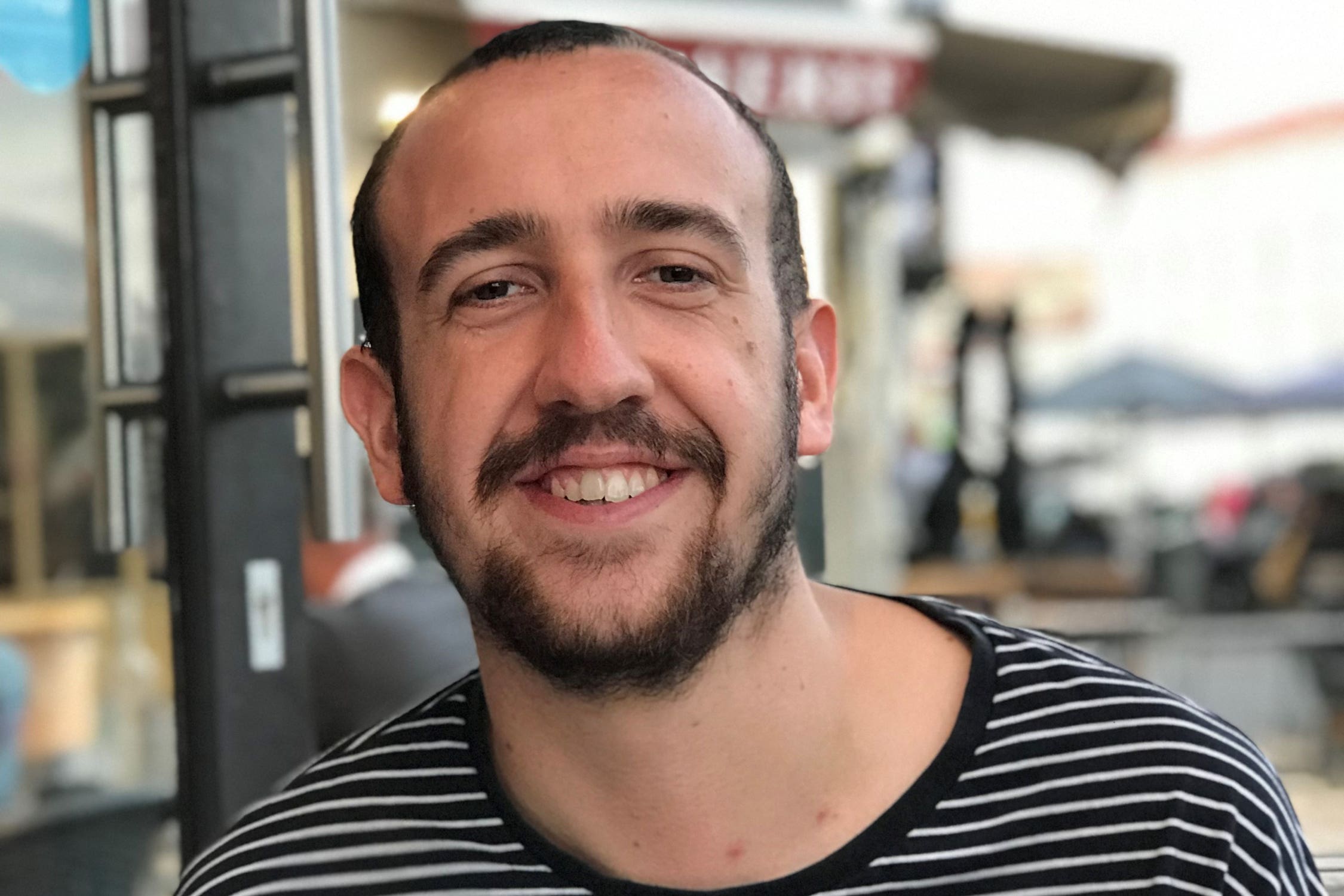Student ‘likely to have lived if he had been given face-to-face appointment’
The failure to arrange an in-person examination of David Nash was a ‘missed opportunity’, assistant coroner Abigail Combes said.

Your support helps us to tell the story
From reproductive rights to climate change to Big Tech, The Independent is on the ground when the story is developing. Whether it's investigating the financials of Elon Musk's pro-Trump PAC or producing our latest documentary, 'The A Word', which shines a light on the American women fighting for reproductive rights, we know how important it is to parse out the facts from the messaging.
At such a critical moment in US history, we need reporters on the ground. Your donation allows us to keep sending journalists to speak to both sides of the story.
The Independent is trusted by Americans across the entire political spectrum. And unlike many other quality news outlets, we choose not to lock Americans out of our reporting and analysis with paywalls. We believe quality journalism should be available to everyone, paid for by those who can afford it.
Your support makes all the difference.A 26-year-old law student who died after four remote GP consultations was likely to have lived if he had been given a face-to-face appointment, a coroner has ruled.
The failure to arrange an in-person examination of musician David Nash when he complained to an advanced nurse practitioner of fever, neck stiffness and night-time headaches was a “missed opportunity”, assistant coroner Abigail Combes told Wakefield Coroner’s Court on Friday.
Ms Combes said the failure of the Leeds GP surgery to see Mr Nash face to face after his fourth consultation meant the neurosurgery he underwent on what turned out to be a brain abscess was 10 hours later than it could have been.
The coroner said in her narrative conclusion: “On November 2 2020 there was a missed opportunity to direct David to seek face-to-face care during his GP appointment that morning.
“Had he been directed to seek face-to-face or urgent care by the GP practice it is more likely than not that he would have undergone neurosurgery approximately 10 hours earlier than he actually did which, at that time, it is more likely than not would have been successful.”
A week-long inquest heard how Mr Nash first contacted Burley Park Medical Practice, in Leeds, on October 14 2020, and told a GP over the phone about his concerns about lumps on his neck.
He rang again on October 23 and told an advanced nurse practitioner about his painful and hot right ear.
On October 28 he told a locum GP he had blood in his urine and he was diagnosed with a urinary tract infection.
His fourth consultation was with another advanced nurse practitioner who diagnosed him a flu-like viral infection on November 2.
The coroner heard how Mr Nash’s condition deteriorated on November 2 and he and his partner made five calls to NHS 111, which his parents, Andrew and Anne Nash, have described as “shambolic”.
After the final NHS 111 call, Mr Nash was taken to St James’s Hospital in Leeds and later transferred to Leeds General Infirmary for neurosurgery.
But he died on November 4.
He had developed mastoiditis in his ear which caused an abscess on his brain, leading to his death, the inquest heard.
GP expert Alastair Bint said the nurse should have organised an urgent in-person appointment after the fourth phone consultation on November 2, 2020 as his symptoms were “red flags”.
Dr Bint said he thought it likely such a face-to-face consultation would have led to his hospital admission and neurosurgery 10 hours earlier.
Neurosurgeon Simon Howarth said, in a statement read to the court: “On the balance of probabilities, had this intervention been 10 hours previously, his death would probably have been avoided.”